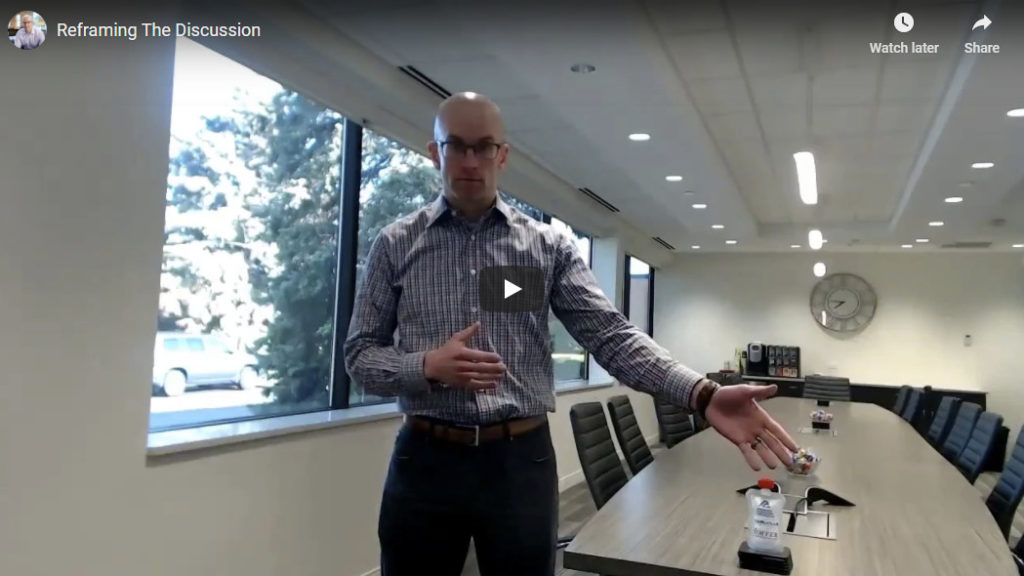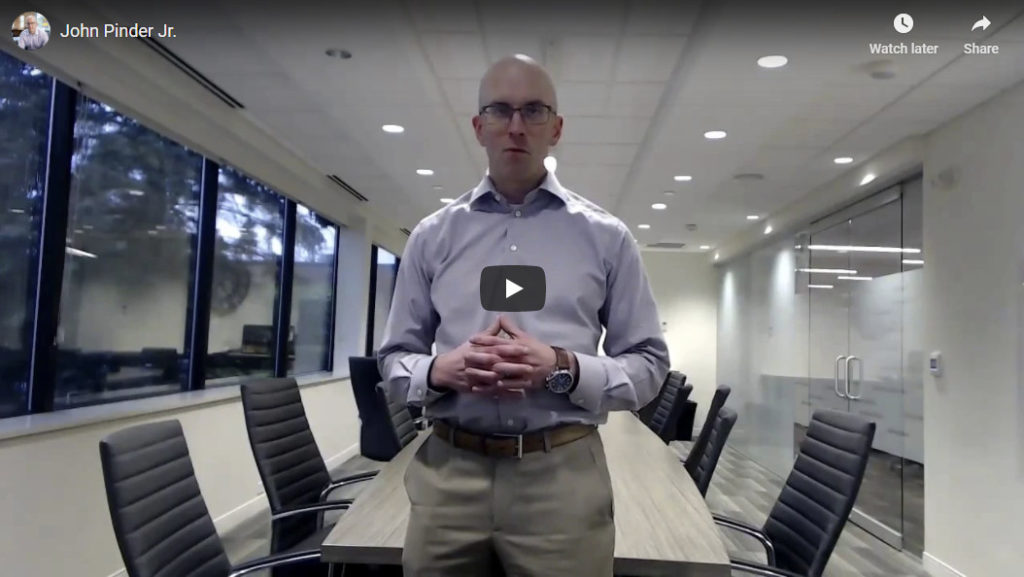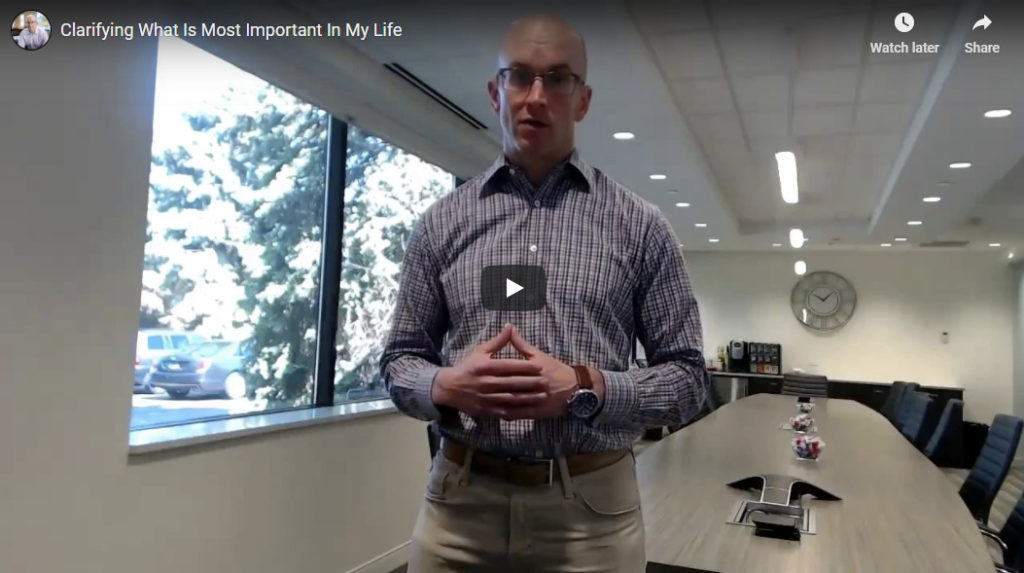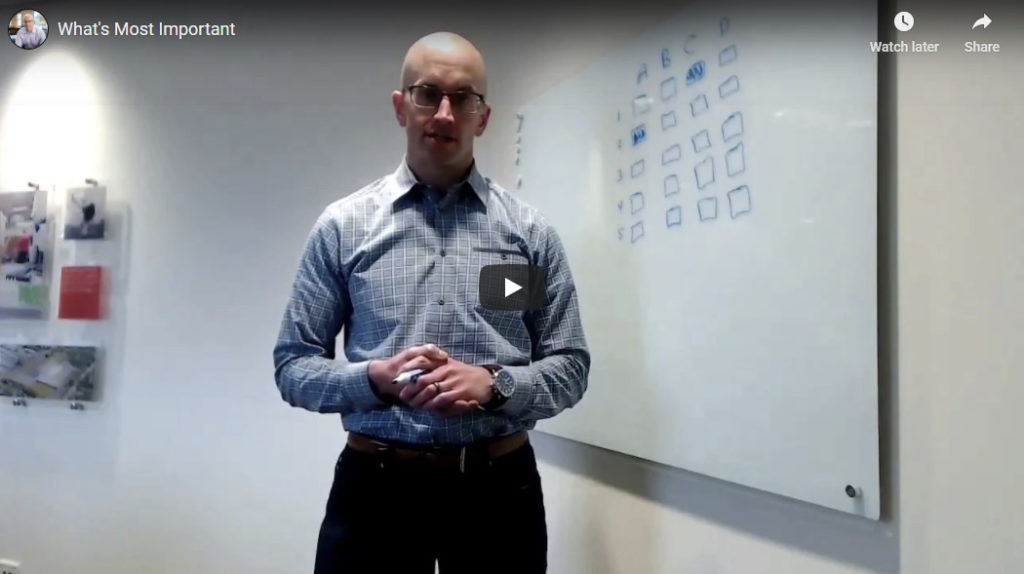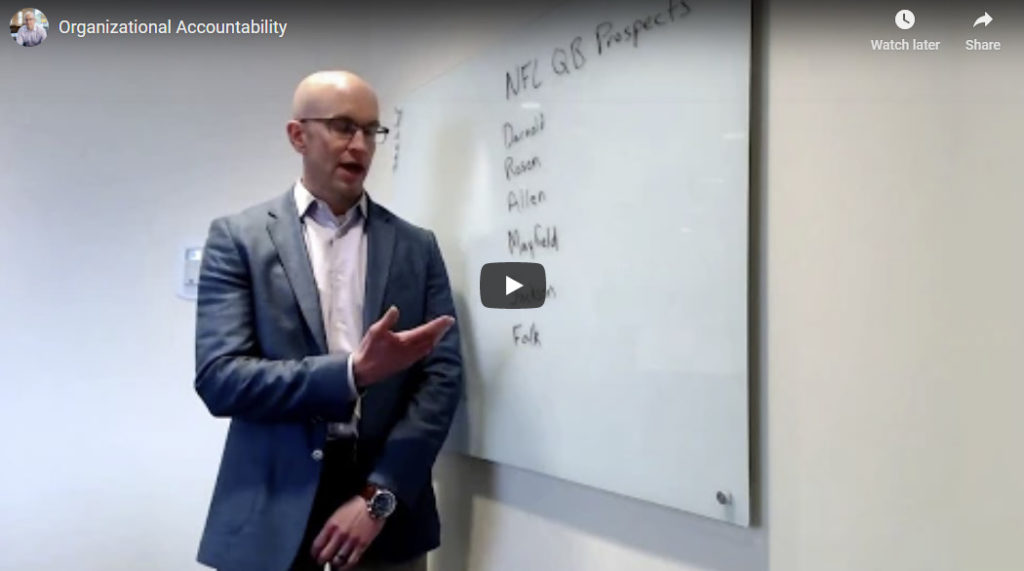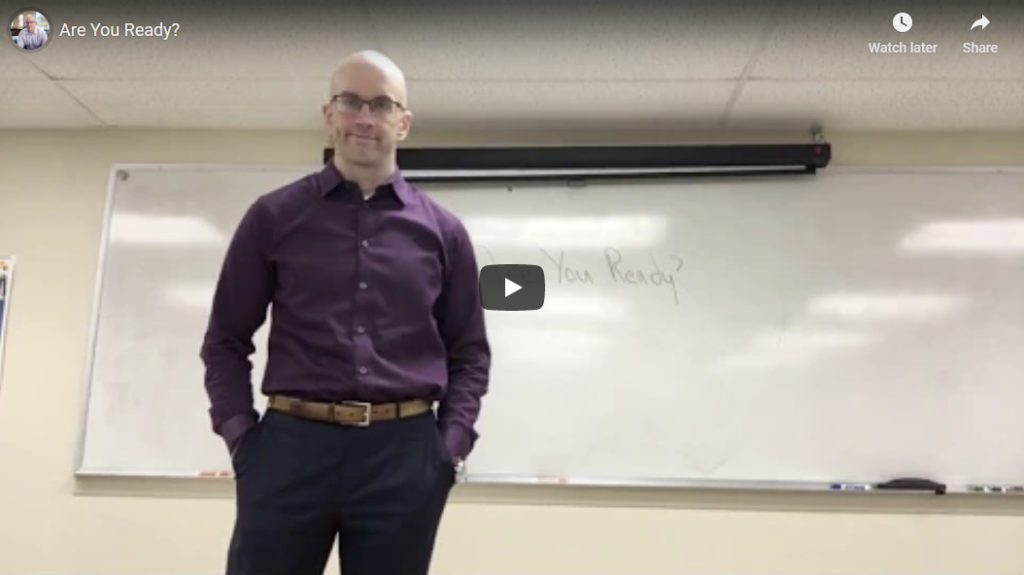Listen to your gut…and do what is right!
Why don’t people — leaders especially — take action when they intuitively know that action needs to be taken?
This question was raised again in my mind while reading Daniel Howe’s Pulitzer Prize winning history book What Hath God Wrought. He discusses the escalating slavery problem in the early-nineteenth century. The need for cotton labor in the south, coupled with racism and the fear of insurrection, were several (not all) of the factors leading to slavery’s persistence and social acceptance by most in the south. Still, history proves that many Americans believed it was morally wrong. And some of these were our elected officials. But they were silent for too long. As we all know now, it would take one of the deadliest wars in human history to start the country down the path of racial equality.
(Please grant me some grace in transitioning from one of the most vile institutions ever created by man, slavery, back to modern organizational life).
Reflecting on this made me wonder: do we face similar situations in our organizations? The situation where someone on our team sees something in the organization, knows it is wrong, and does not say or do anything about it? If this is a moral issue —especially around abuse—we had better act. Period. Recent events in all industries have taught us that the days of hiding are over. But, moral issues aside, what about things like work policies, strategy, or product development? Do our teams feel comfortable to have conversations about those kinds of issues?
Are we open to listening?
And what does our gut say about the matter? Does our gut say that the new policy is not wise? Are we going to listen to it, or like the founding fathers, are we kicking the can down the road?
I challenge you to reflect on your openness to the “status-quo” being challenged in your organization.
I also have found these principles to be helpful:
1. Be VERY wary when your team is completely quiet on a strategy, product development, etc.
2. Be even MORE wary when your team all thinks the same way (i.e. “of course we should sell this new product”) and nobody considers the alternative view point.
3. Trust your gut when any flags are raised with #1 and #2 above.
When your team is quiet, chances are they are not telling you something. Further, when everyone “agrees,” they’re simply telling you what they think you want to hear. So trust your gut in those situations. Keep the dialogue open. And take action when you know that action is required.
And above all, do the right thing when the right thing needs to be done.
Listen to your gut…and do what is right! Read More »


